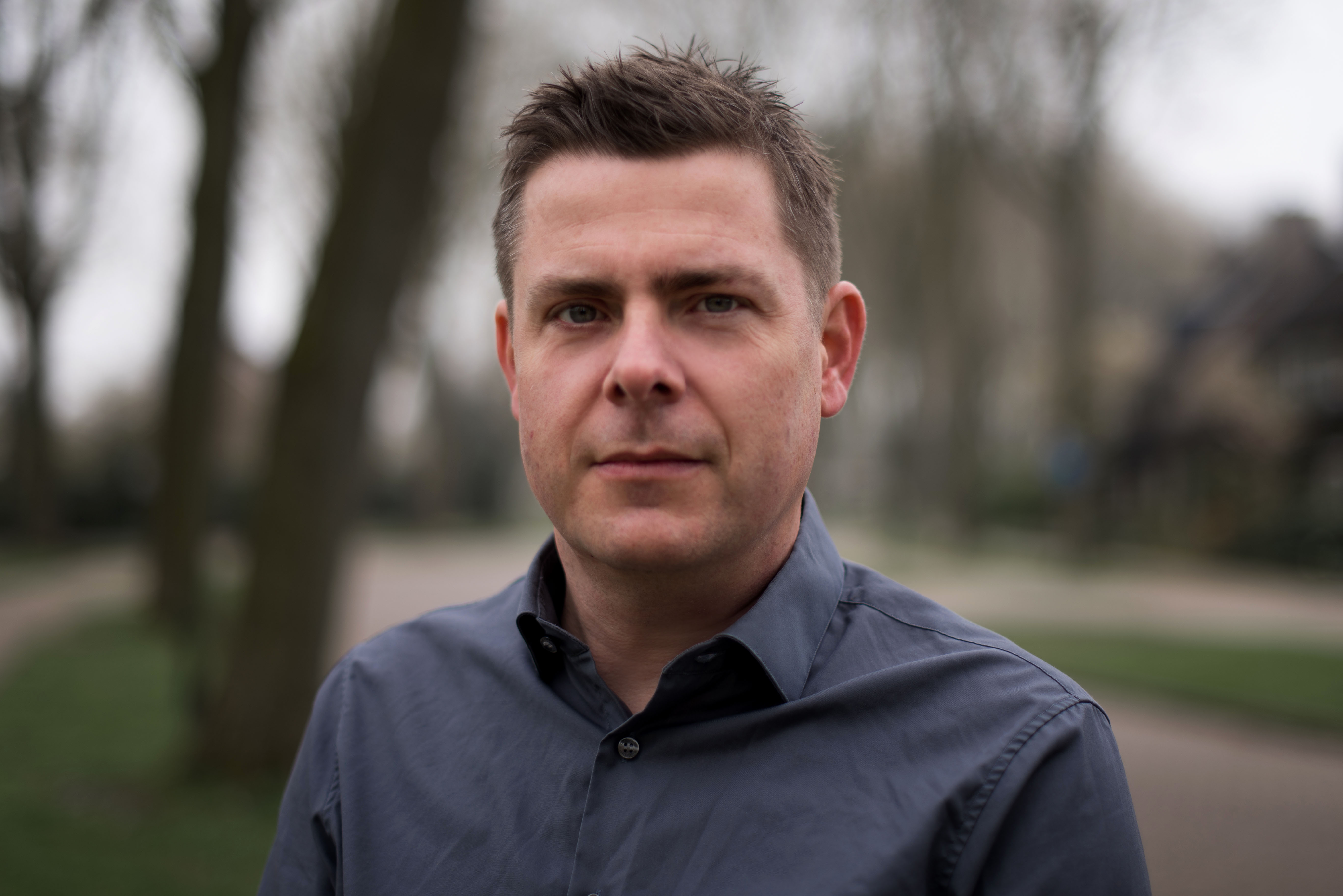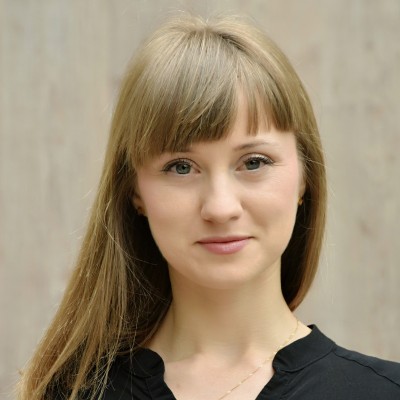Psychotherapy for prolonged and traumatic grief: an integrated framework
Prof. dr. Geert Smid1, 2, Dr. Hannah Comtesse3, Prof. dr. Paul Boelen4, Dr. Franziska Lechner-Meichsner4
1ARQ Centrum'45, Diemen, Netherlands
2University of Humanistic Studies, Utrecht, Netherlands
3Katholische Universität Eichstätt-Ingolstadt, Ingolstadt, Germany
4Utrecht University, Utrecht, Netherlands
Number
53
Opgenomen in sessies
1.06 Jeanne Roos, 2023-09-29, 15:10 - 16:25
Keywords
Refugee or war & conflict related traumatic stress
Complex PTSD, comorbidities, grief
(Sub)clinical interventions or treatment (innovations)
Abstract
The traumatic, violent, or unnatural loss of a loved one increases the risk for developing PTSD and prolonged grief disorder (PGD), a new diagnosis that has recently been included in ICD-11 and DSM-5-TR. Psychotherapy for Prolonged and Traumatic Grief (PPTG) integrates evidence-based, cognitive-behavioral and experiential treatment interventions for PGD and PTSD that can be applied in a wide range of traumatically bereaved people. In PPTG, the following therapeutic techniques and concepts are utilized: information and motivation, grief-focused exposure, meaning attribution and activation, and symbolic interactions. Information and motivation helps clients understand the nature of their condition and validates their experiences, encouraging clients to actively participate in their process of recovery. Grief-focused exposure enables clients to process and integrate their grief experience, reducing avoidance and promoting adaptation. Meaning attribution and activation involves examining the beliefs, values, and assumptions clients hold about the loss, themselves, and the world. Clients may redefine their relationship with the deceased, and find new ways of engaging with life. Symbolic interactions utilize experiential techniques to facilitate emotional expression and integration. Examples include writing letters, engaging in imaginary conversations, and creating rituals.
During this workshop, expert clinician researchers will share insights from research and practice. Geert Smid will provide an overview of the PPTG framework. Hannah Comtesse will explain Present-Centered Therapy (PCT) for PGD and how to understand its effects. Paul Boelen will discuss different grief-focused exposure techniques and when best to use them. Franziska Lechner-Meichsner will share research findings regarding mechanisms of change in PPTG.
Authors

Geert Smid

Hannah Comtesse

Paul Boelen

